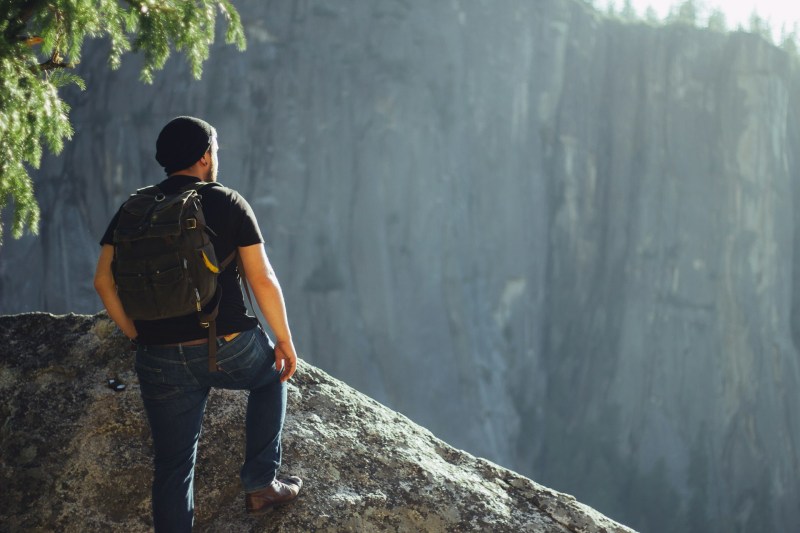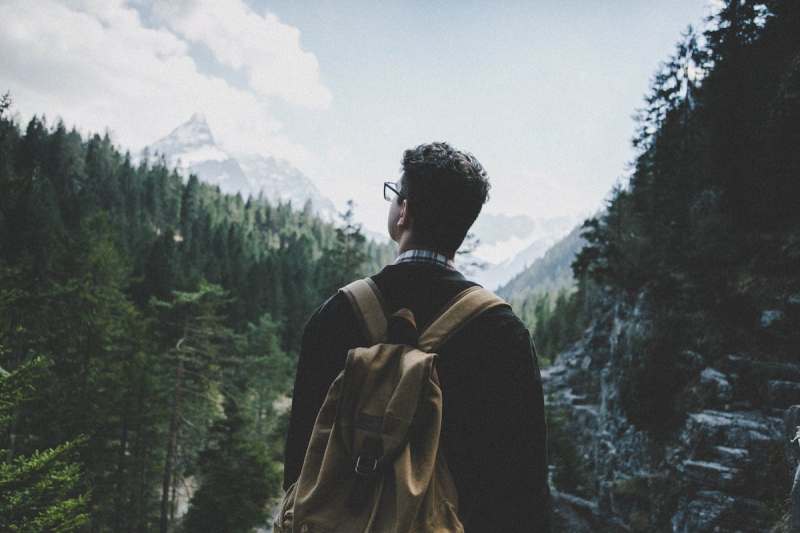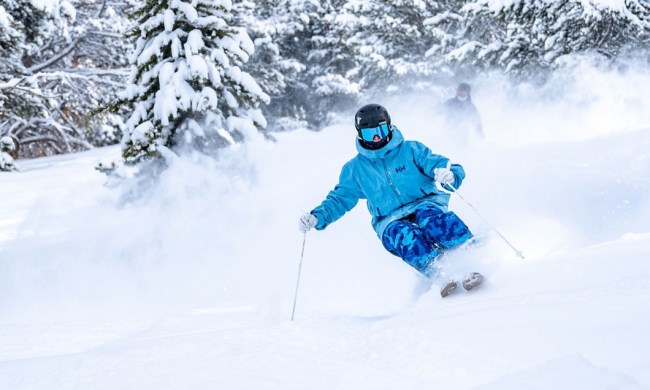
Imagine you’re lost in the wilderness. The trails have blurred, the woods are dense, and the only thing you have in abundance is worry. However, in this scenario, your natural body odor could be your ticket to safety.
Yes, you heard that right. When lost in the great outdoors, the unique scent produced by your body can play a crucial role in your rescue. Let’s dive into the science and strategy behind this intriguing survival tip.
How to maximize your scent profile in case of emergencies
Humans have a unique scent fingerprint, a combination of chemicals emitted through sweat and other bodily processes. This scent is as unique as a fingerprint and carries distinct characteristics that can be detected and followed. In survival situations, particularly in vast, open spaces like forests or mountains, this scent becomes a beacon for search and rescue teams.
The real heroes in utilizing human scent for rescue are search dogs. These specially trained canines have a sense of smell that is thousands of times more sensitive than that of humans. They can detect and differentiate between a wide range of human scents, even in challenging environments. When a person is lost, search dogs are often deployed to follow the scent trail left behind.
To make the most of this natural tracking system, it’s advised to minimize the use of strong perfumes, deodorants, or scented lotions when heading out on a trail. These artificial scents can mask your natural odor, making it more challenging for search dogs to pick up your trail.
Before heading out, you can take proactive steps to assist potential search efforts. Leaving items with your scent on them, such as a piece of clothing, at your campsite or car can give search dogs a starting point. This practice is akin to leaving a breadcrumb trail but with scent.
If you find yourself lost, it’s crucial to stay in one place if safe to do so. Moving around not only exhausts you but also disperses your scent, making it harder for rescuers to locate you. By staying put, you concentrate your scent in one area, creating a stronger signal for search dogs.
Awareness about the role of natural body scent in rescue operations is vital. Before embarking on a hike, educate yourself and your group about this aspect. Additionally, always inform someone about your hiking route and expected return time.
Being lost in the wilderness is a daunting situation, but understanding the role of your natural body scent in rescue operations can be reassuring. By working with the incredible abilities of search dogs and taking simple steps to maximize your unique scent profile, you can significantly increase your chances of being found. Remember, sometimes, being a little stinky can be a lifesaver.




